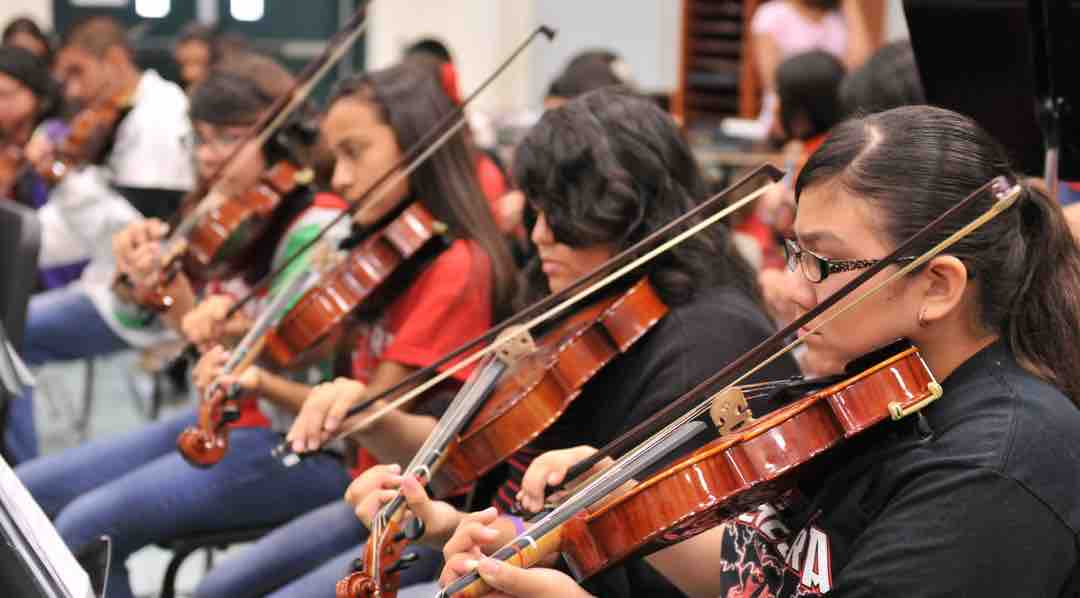Explaining a student’s extracurricular activities is an integral part of U.S. Universities’ “holistic” admissions process. And for students applying in the shadow of a pandemic, these will be even more important, as colleges move to make standardized tests optional, and many schools have moved education online.
Colleges use students’ extracurricular activities to understand where they’ve shown leadership, taken the initiative, or improved their community. They also use it to learn whether a student has previously explored their prospective major. In many cases, a student’s letters of recommendation should mention these activities and corroborate your participation.
Showcase Your Extracurricular Activities
One myth about extracurricular activities we often hear from parents is that students should have lots of activities. But the truth is that colleges look for passion and longevity, not number: It’s not essential to have a large number of extracurricular activities on your résumé. The opposite can be true. One parent had this question: “My son’s only extracurricular activity is that he plays chess. He has been playing for years and is ranked nationally. But he doesn’t have a lot of different interests. Is that a problem?” The answer, in this case, was emphatically no. For many university admissions officers, a student who has a passion and pursues it over many years, showing success and accomplishment, is someone they’d want in their community.
Build Leadership and Excellence
Extracurricular activities, along with a student’s essays, recommendations, and other application material, help contribute to what Harvard’s reading criteria call the “positive effect this person might have throughout his or her life.” So, in choosing extracurricular activities, choose ones where you can demonstrate leadership. The key is to create a track record of being involved in one set of extracurricular activities and showing excellence and leadership over a long period. One student that we worked with was a violinist and had played in the orchestra for years. As her community service activity, she played the violin for senior citizens at a retirement home. College admissions officers appreciate the passion and dedication of students like these.
Connect With Your Identity
It’s appropriate to connect your extracurricular activities to your identity as a person. For example, one student of Armenian descent started a club at school focused on Armenian history and led it for years. Another student, who is of Indian origin, is an accomplished Indian classical dancer and also taught dance to younger students. Admissions officers love these stories.
Focus on Careers and Scholarships
Extracurricular activities can be a great way to explore potential careers. For example, some students will take an online course in computer programming or data science because they might be interested in studying that subject in college. One student interested in studying sports medicine spent her summer working at a sports physician’s clinic. A student who wanted to study math applied to a competitive summer program in abstract mathematics. Showcasing extracurricular interests related to your prospective career interest can help colleges see what you’re passionate about.
Many merit-based scholarships also consider your extracurricular activities. For scholarships based on your participation in an extracurricular activity, you’ll need to provide evidence of your involvement. Ask your school counselor or coach for confirmation.
Use Community Service to Help Tell a Story<
Students sometimes think of community service work in terms of accruing “hours.” We caution against this because, ideally, community service connects to your passion or identity. One student, very interested in history, worked with the Smithsonian Institution to transcribe historical documents, using the time spent to help understand the history of slavery.
Coaching Can Help Build Your List Of Extracurricular Activities
One way to develop a well-designed list of extracurricular activities is to work with LifeLaunchr. Coaches can help identify exciting programs and make decisions wisely. A student’s time is, after all, the most crucial resource in the admissions process.
A Word of Caution
Remember, U.S. colleges and universities also operate on a rigorous honor system. That code requires you to be honest in describing your extracurricular activities. So be truthful! There are severe penalties (including expulsion) for violating the honor code.








Key Club
Take A Break Club
Karate